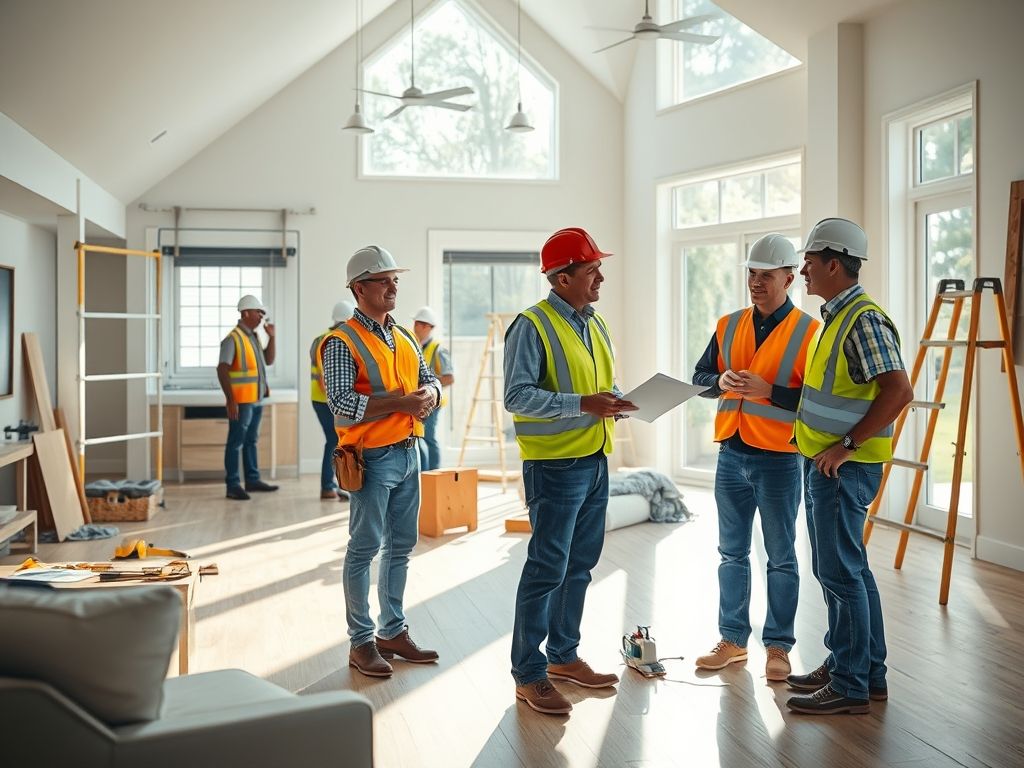What is Home Safety?
Home safety is the practice of ensuring a secure living environment by minimizing risks and hazards within residential spaces. It encompasses various measures and strategies designed to protect inhabitants from accidents, injuries, and potential emergencies. For homeowners, real estate investors, and professional contractors in Massachusetts, understanding and implementing home safety protocols is vital for safeguarding both property and well-being.
Why is Home Safety Important?
Understanding home safety is crucial because it not only protects residents but also enhances property value and appeal. In Massachusetts, where homes can experience extreme weather, safety measures become even more pertinent. Home safety reduces the risk of accidents, such as falls, fires, and other emergencies, which can lead to costly repairs or insurance claims. Additionally, a safe home environment is a fundamental aspect of well-being and peace of mind.
Key Aspects of Home Safety
- Fire Safety: Installing smoke detectors, maintaining fire extinguishers, and having an escape plan are essential.
- Electrical Safety: Regularly checking wiring and ensuring safe use of appliances can prevent electrical fires.
- Child Safety: Securing furniture and using safety gates can protect children from potential dangers.
- Emergency Preparedness: Having a well-stocked emergency kit and a family evacuation plan is key.
How to Improve Home Safety
Improving home safety involves assessing potential hazards and taking proactive measures to mitigate them. Here are some practical tips:
- Conduct Regular Safety Inspections: Walk through your home to identify and address any potential risks.
- Install Safety Devices: Equip your home with smoke detectors, carbon monoxide detectors, and security systems.
- Practice Safe Habits: Educate family members about the importance of safety measures and emergency protocols.
- Utilize Professional Services: Consider hiring contractors for safety renovations, such as installing handrails or updating electrical systems.
Real-World Applications of Home Safety
Home safety is not just about preventing accidents; it is about creating a secure environment for daily living. For example, a homeowner in Boston might install a security system with cameras to monitor their property, deterring potential break-ins. Similarly, a real estate investor in Worcester may ensure that all properties comply with safety codes before renting them out, protecting both their investment and tenants.
Related Concepts in Home Safety
Several terms are closely connected to home safety:
- Home Renovation: Upgrading home features for improved safety.
- Building Codes: Regulations that ensure safety standards in construction.
- Emergency Preparedness: Planning for potential disasters.
Practical Tips for Daily Home Safety
To implement home safety measures effectively, consider the following actionable steps:
- Keep emergency numbers accessible.
- Regularly test smoke and carbon monoxide detectors.
- Store hazardous materials safely out of reach of children.
- Ensure all exits are clear and accessible.
Conclusion
Understanding what is home safety is an ongoing process that requires awareness and action. By prioritizing safety measures, homeowners, real estate investors, and contractors in Massachusetts can create a secure living environment that enhances peace of mind and protects investments. Remember, safety starts at home, and implementing these practices can lead to a safer, more enjoyable living experience.
Take a moment to assess your own home safety measures today. What changes can you make to improve your environment for yourself and your loved ones?







